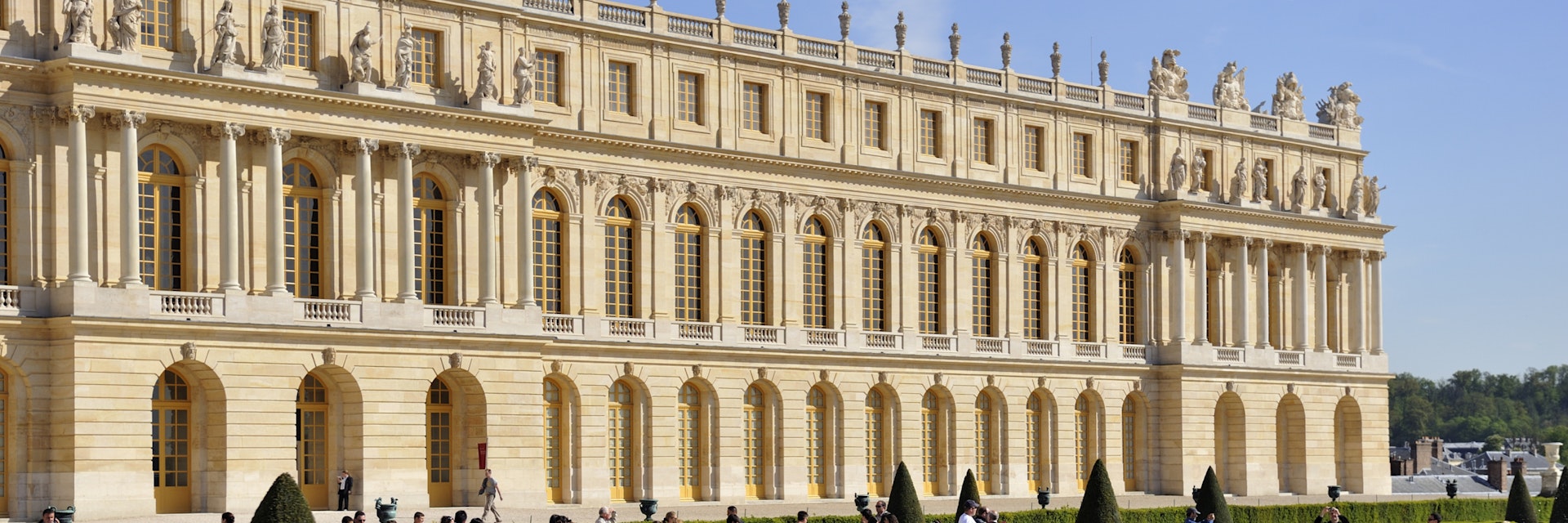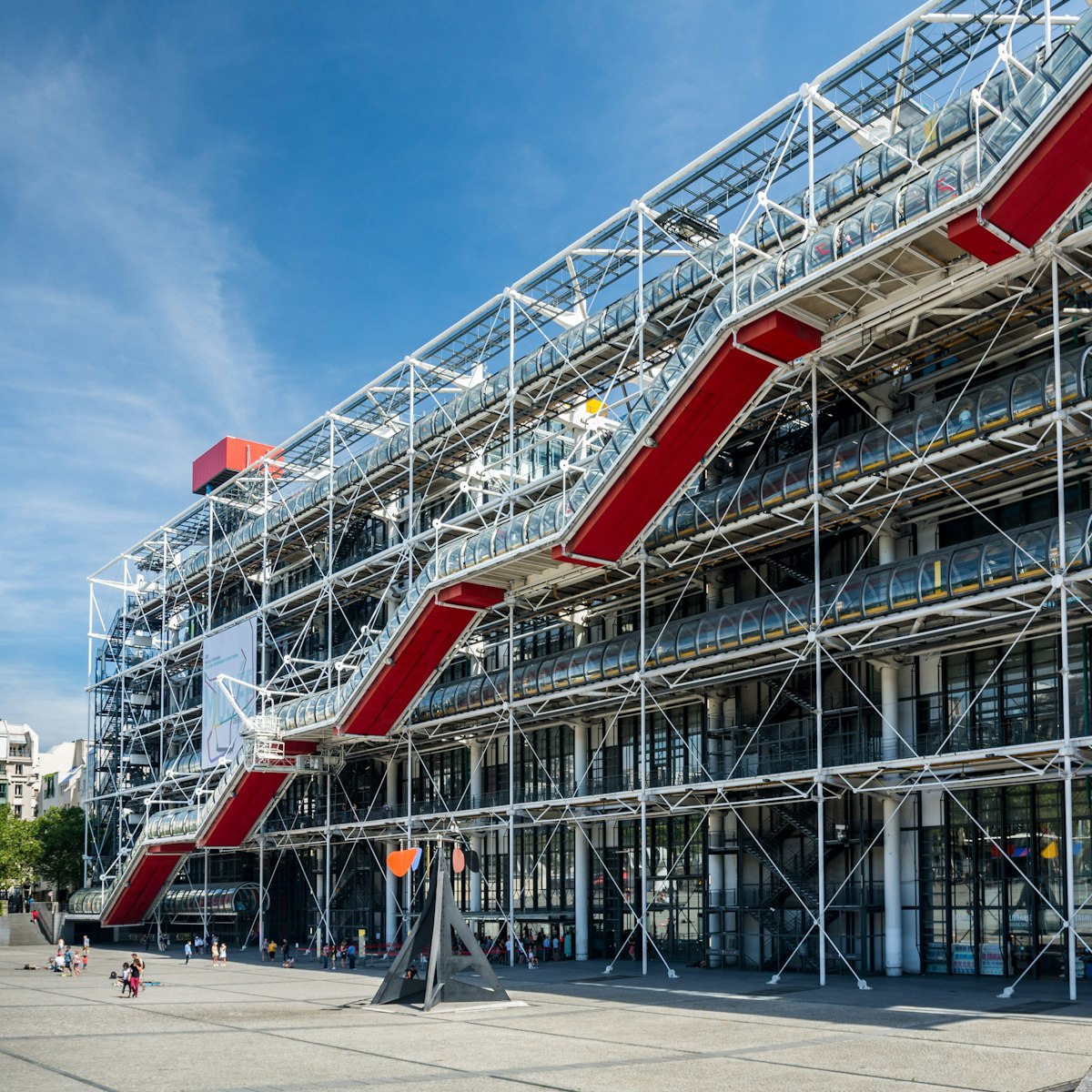Amid magnificently landscaped formal gardens, this splendid and enormous palace was built in the mid-17th century during the reign of Louis XIV – the Roi Soleil (Sun King) – to project the absolute power of the French monarchy, which was then at the height of its glory. The château has undergone relatively few alterations since its construction, though almost all the interior furnishings disappeared during the Revolution and many of the rooms were rebuilt by Louis-Philippe (r 1830–48).
Some 30,000 workers and soldiers toiled on the structure, the bills for which all but emptied the kingdom’s coffers.
Work began in 1661 under the guidance of architect Louis Le Vau (Jules Hardouin-Mansart took over from Le Vau in the mid-1670s); painter and interior designer Charles Le Brun; and landscape artist André Le Nôtre, whose workers flattened hills, drained marshes and relocated forests as they laid out the seemingly endless gardens, ponds and fountains.
Le Brun and his hundreds of artisans decorated every moulding, cornice, ceiling and door of the interior with the most luxurious and ostentatious of appointments: frescoes, marble, gilt and woodcarvings, many with themes and symbols drawn from Greek and Roman mythology. The King’s Suite of the Grands Appartements du Roi et de la Reine (King’s and Queen’s State Apartments), for example, includes rooms dedicated to Hercules, Venus, Diana, Mars and Mercury. The opulence reaches its peak in the Galerie des Glaces (Hall of Mirrors), a 75m-long ballroom with 17 huge mirrors on one side and, on the other, an equal number of windows looking out over the gardens and the setting sun.
On our last visit, the château was putting the finishing touches on a thorough €400-million restoration.








